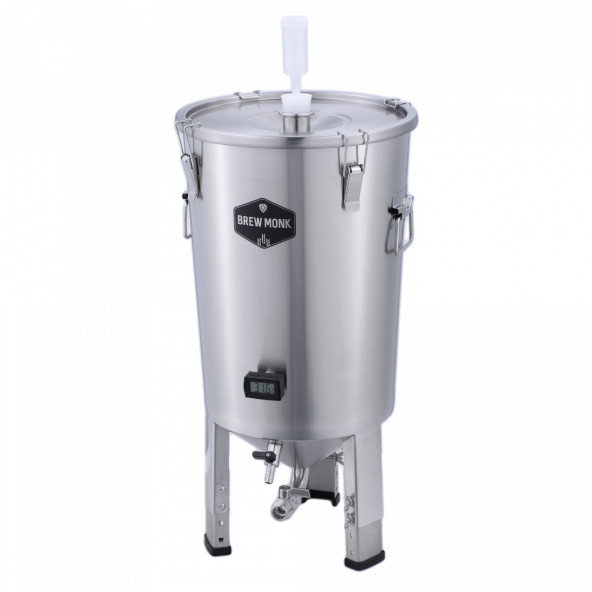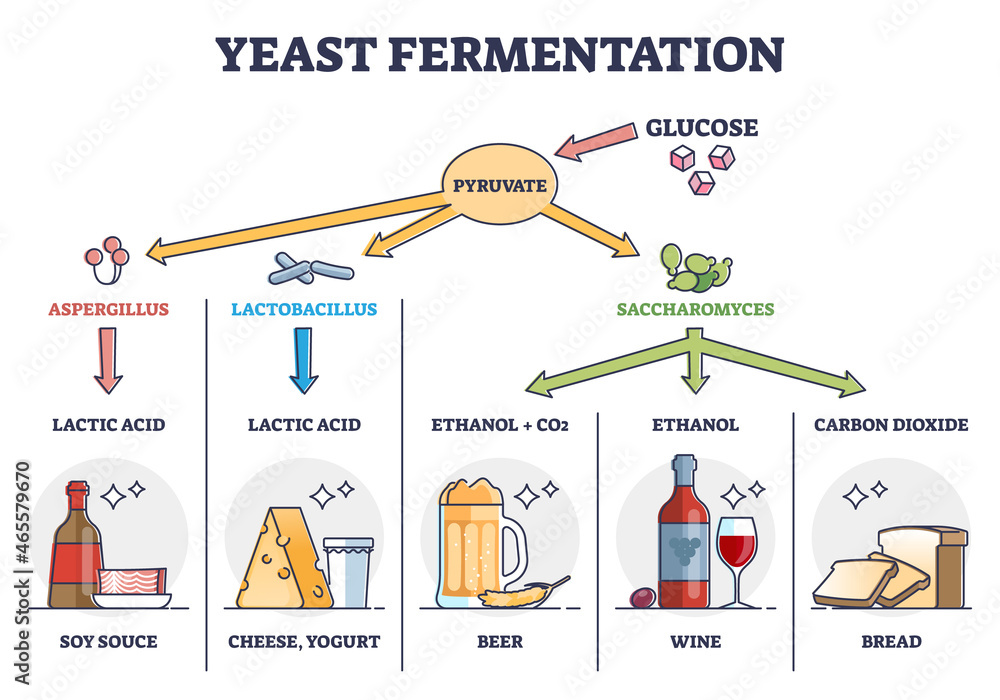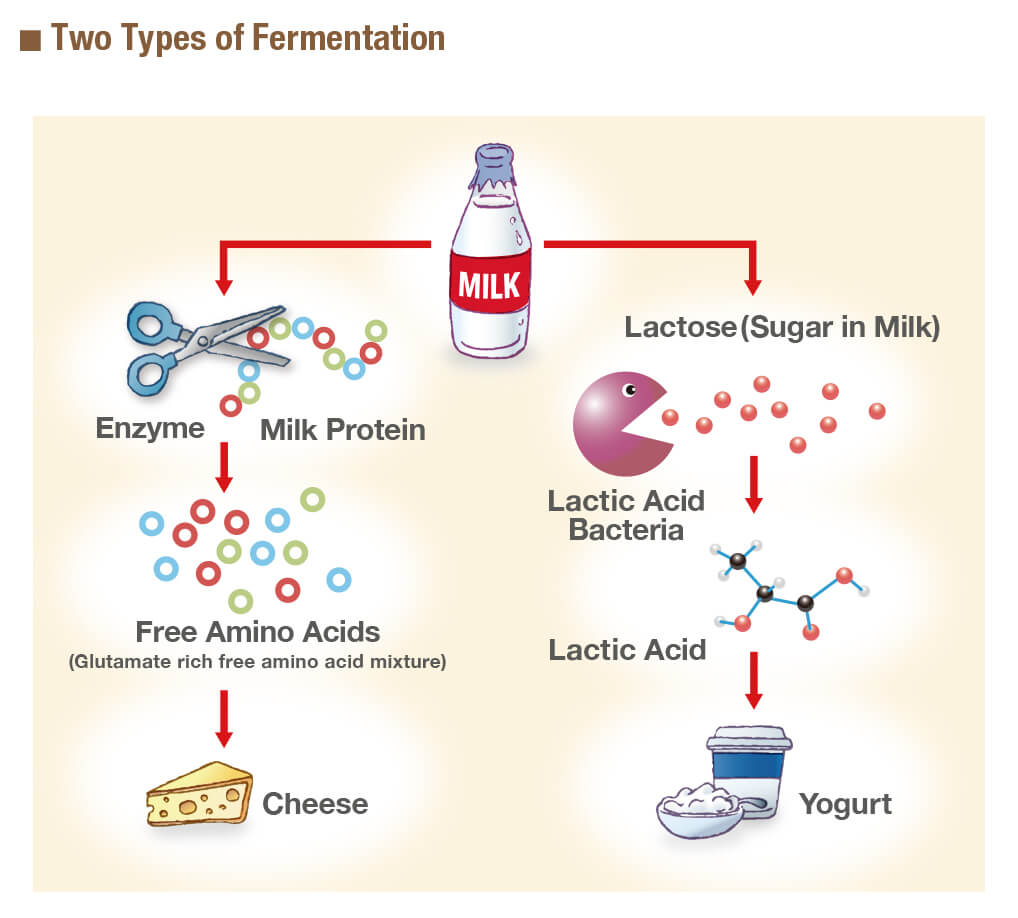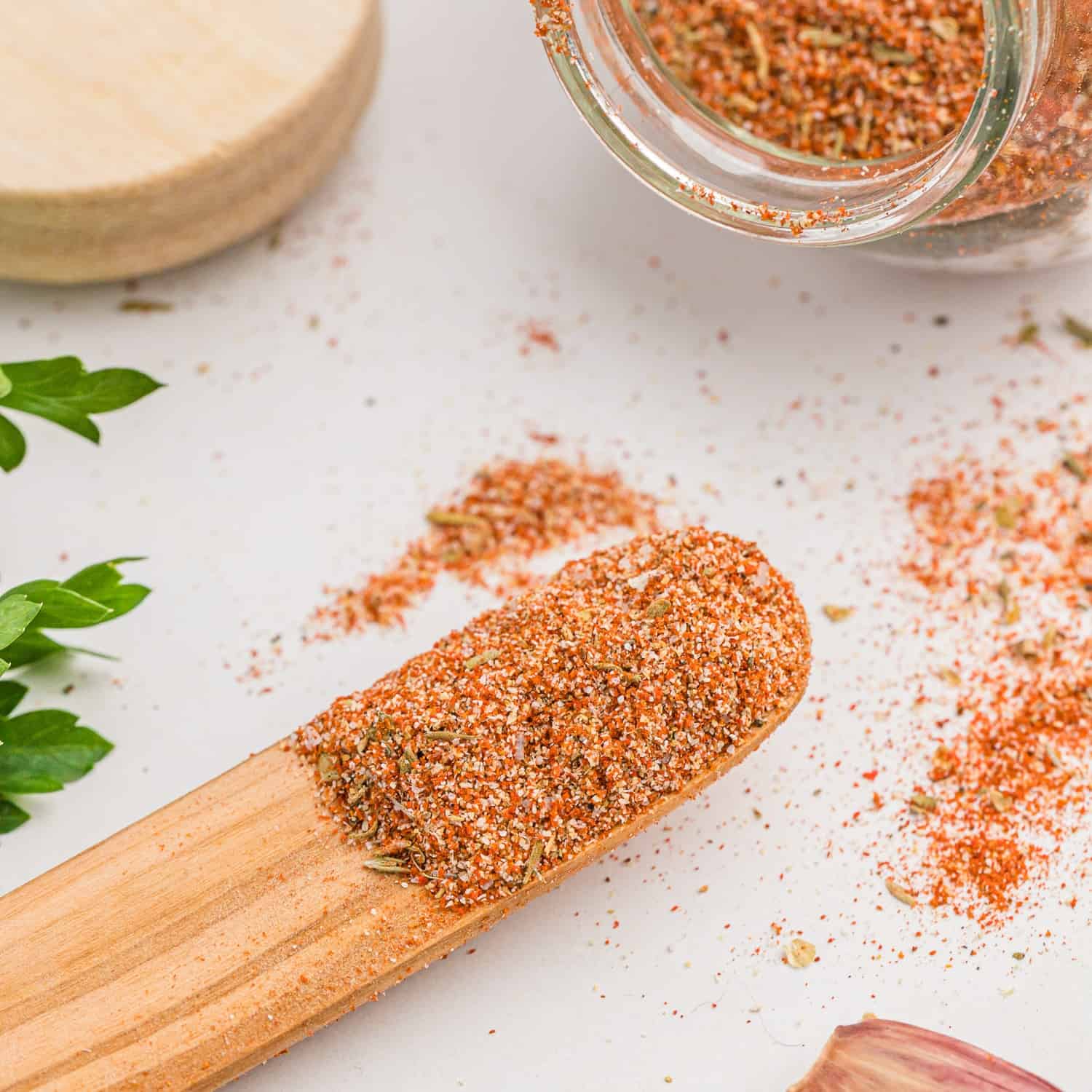Fermentation, Free Full-Text
Par un écrivain mystérieux
Description
Fermentation technology has a long history and low-temperature fermentation has now become the focus of research. This paper reviews the mechanism and application of low-temperature fermentation and the optimization of relevant strains. Low-temperature fermentation leads to a differential expression of growth in metabolism genes (PSD1, OPI3, ERG3, LCB3 and NTH1). Low-temperature fermentation can be applied to foods and has various advantages, such as increasing changes in volatile flavor compounds and other corresponding metabolic substances of the strain, and inhibited growth of spurious bacteria. The focus of low-temperature fermentation in the long run lies in strain optimization, which is to protect and optimize the strains through a variety of methods. Low-temperature fermentation can greatly improve product quality. At present, the most effective methods to promote low-temperature fermentation are gene knockout and probiotic microencapsulation.
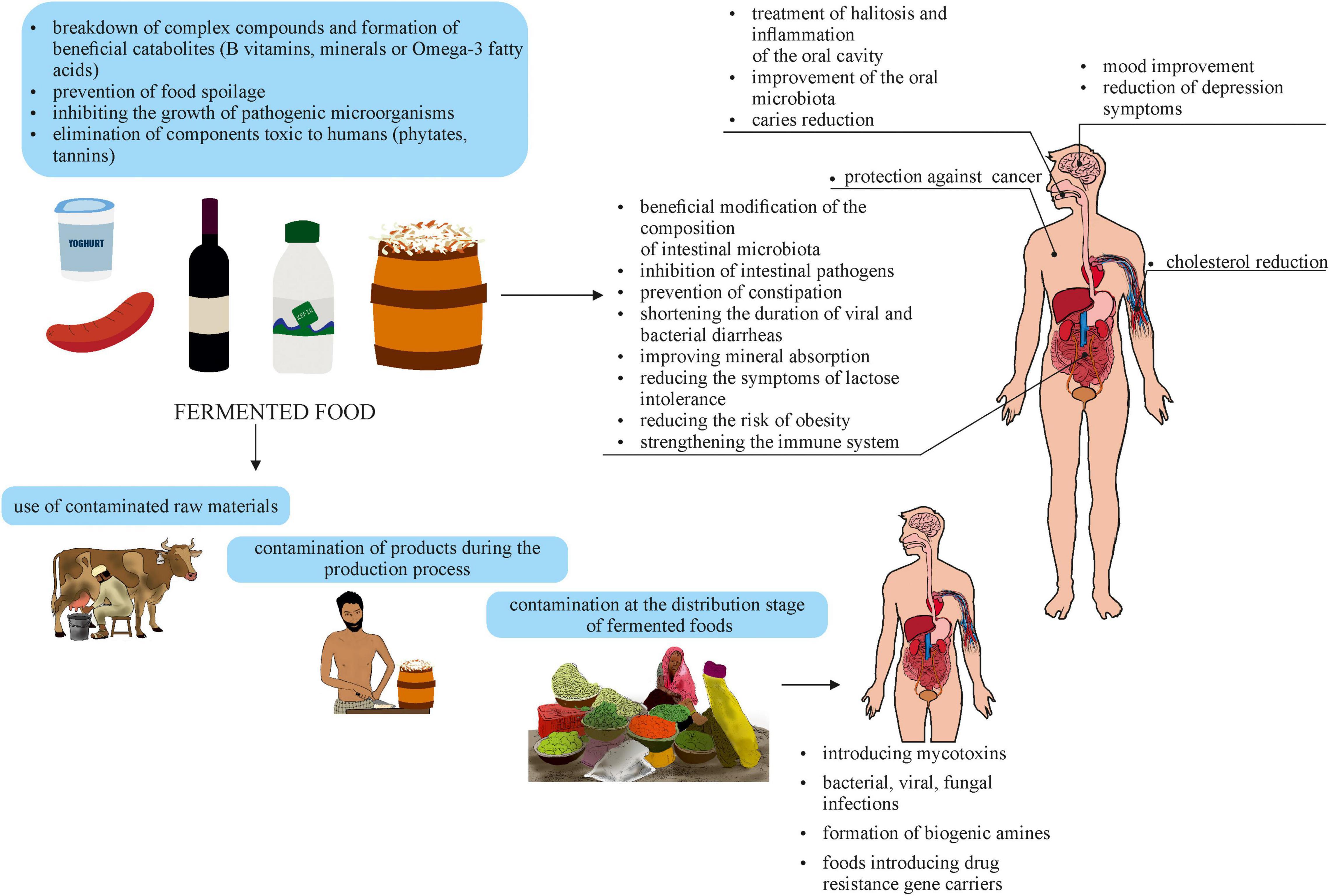
Frontiers Two Faces of Fermented Foods—The Benefits and Threats
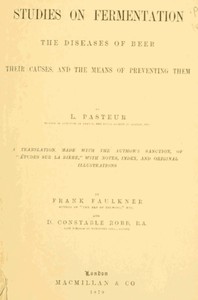
Studies on Fermentation by Louis Pasteur
Fermentation of glucose, lactose, galactose, mannitol, and xylose

Effects of Fermentation Process on the Antioxidant Capacity of
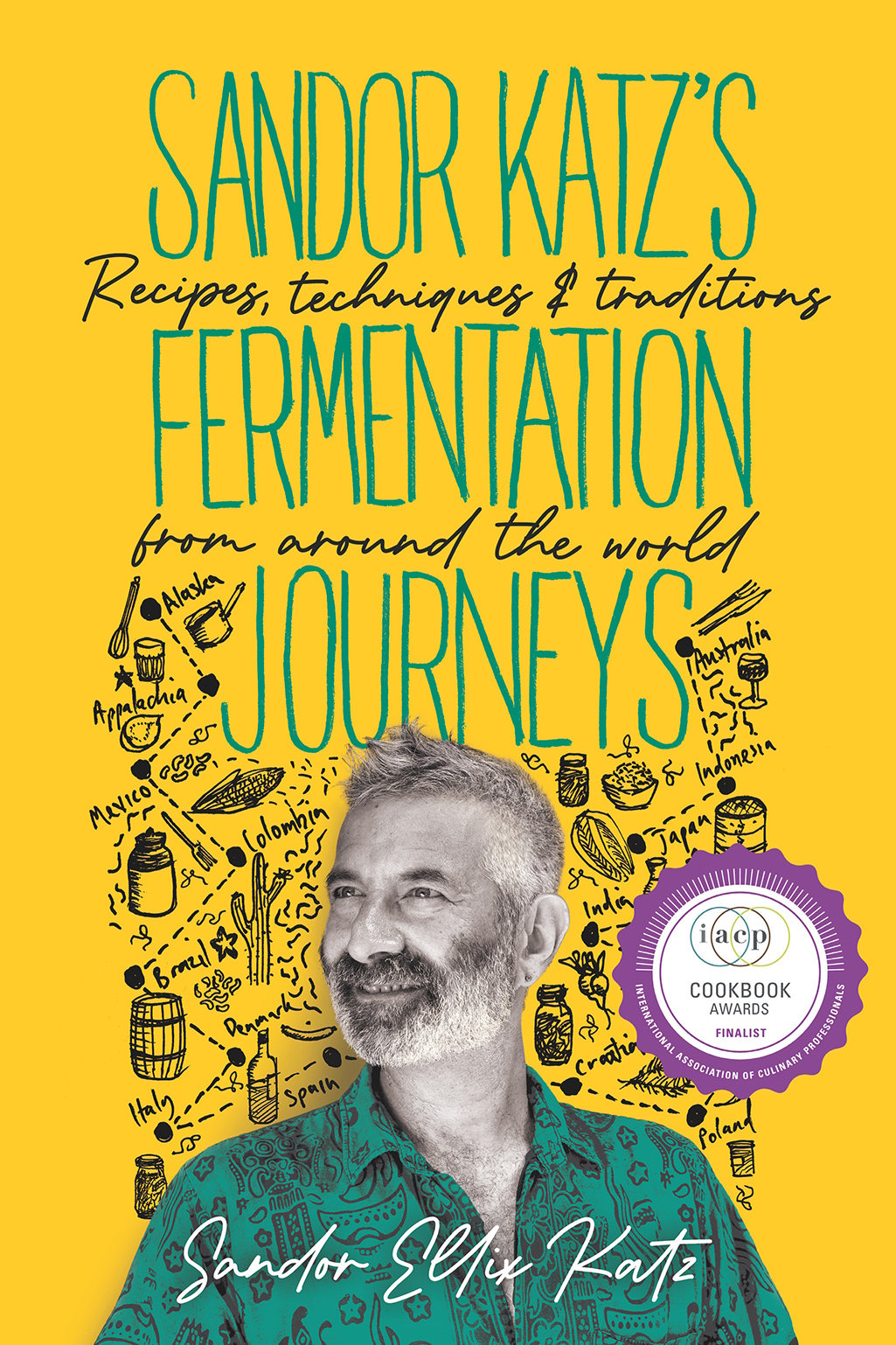
Sandor Katz's Fermentation Journeys - Chelsea Green Publishing

Free eBooks: Making Cultured & Fermented Foods - Cultures For Health
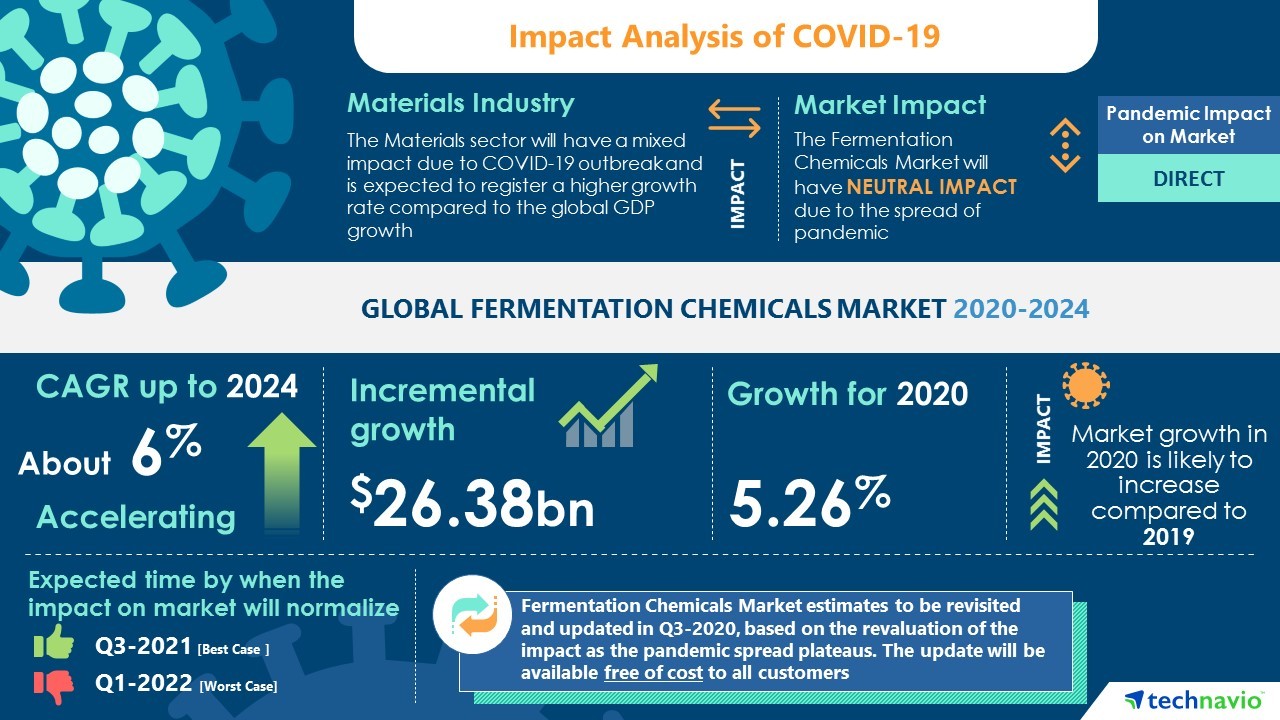
Analysis on Covid-19 Pandemic – Global Fermentation Chemicals
The Art Of Fermentation : Free Download, Borrow, and Streaming

Yeast Fermentation Overview, Types & Product - Video & Lesson
depuis
par adulte (le prix varie selon la taille du groupe)
